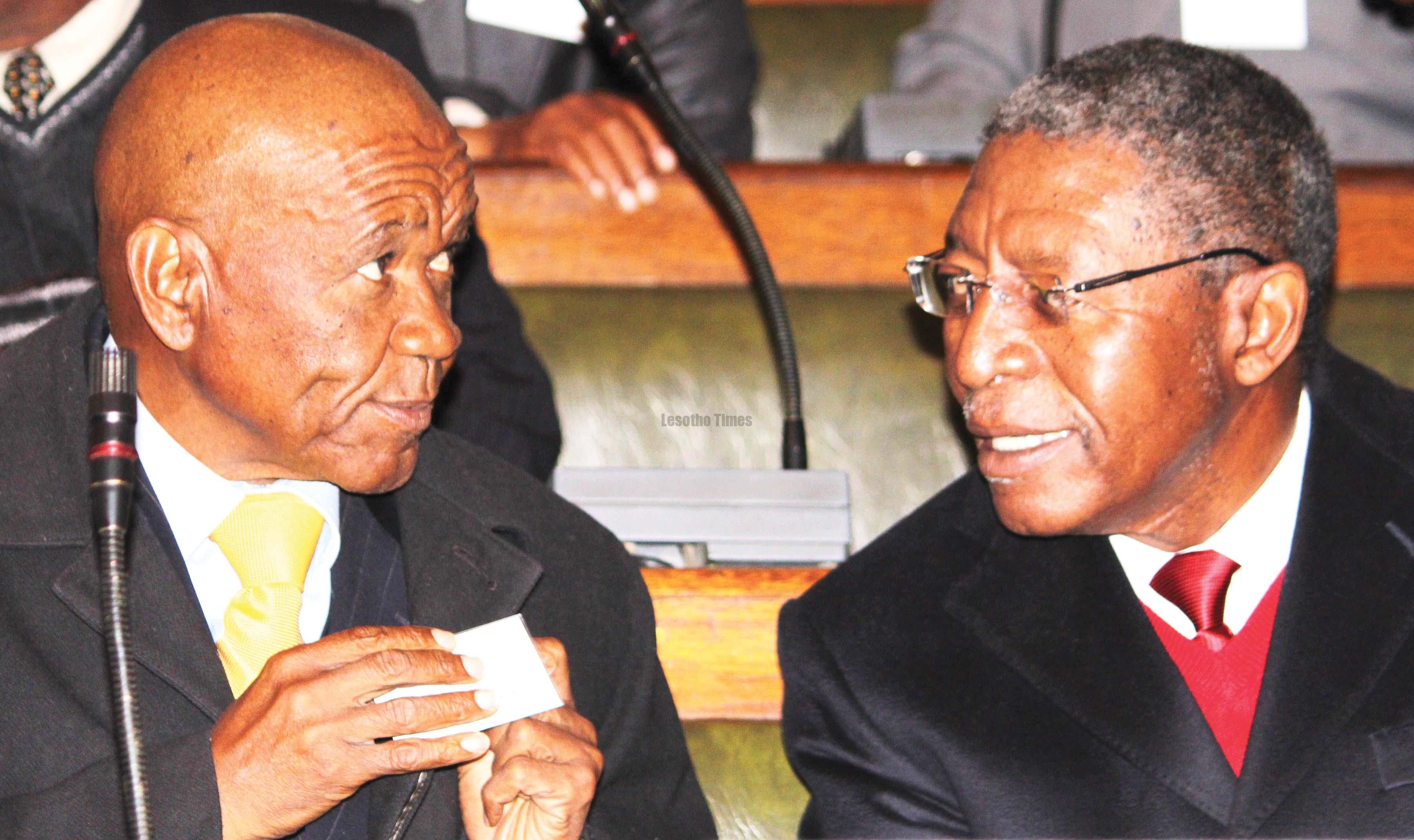The 'no permanent friend, no permanent enemy principle' at play in Lesotho politics

Mr Mzimkhulu Sithetho
Managing Director of the Governance Institute for Sustainable Development and Editor-In-Chief of thizkingdom.com
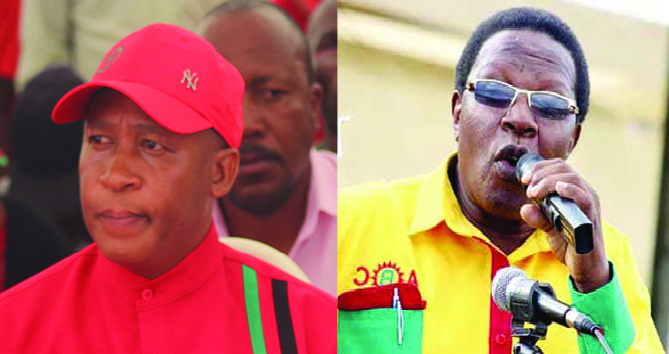
Ditching the AD, BNP and RCL for DC?
Three years ago, it was honeymoon in the All Basotho Convention (ABC), Basotho National Party (BNP) and Reformed Congress of Lesotho (RCL) when they entered the Maseru border gate, brought back by the Alliance of Democrats (AD) to forge a grand alliance which was dubbed the 4x4. The leaders of the three parties were returning from a self-imposed exile, after being holed up since the 2015 post-election period, which was marred by acts of brutality, anguish and agony.
Upon their arrival, the three parties, now joined by the AD, were quick to sponsor a no-confidence motion against then Prime Minister, Dr Pakalitha Mosisili, whose DC had been done a blow by the departure of its stalwart, Monyane Moleleki to from the AD. The no-confidence motion was a success and this necessitated an early poll, which was held in June 2017. The election outcome was in favour of the four parties after forging a coalition to form a government after the election.
ABC's contribution to the quagmire besetting the 4x4
A vacancy left by Tlali Khasu, who was then deputy leader of the ABC while he leader was in exile necessitated the election of Professor Nqosa Mahao, a political newcomer who rose to the second top seat from nowhere. His rise did not sit well with Thabane, who was not prepared to work with him, despite the voters' choice. That was the beginning of the internal feud within the ABC, which paralysed the party. Narration of the story of the ABC's internal wrangling is business of another day. During the ABC's wrangling and jostling for power, a lot of malady, malfeasance and malpractice in the government happened, orchestrated by the party's politburo.
The DC's unexpected move
The DC picked a bone with the ABC and its alliance partners to gain political points among the electorate on the ruling parties' shortfalls. It convinced voters that the ABC-led coalition government had to fall. This was exacerbated by the ABC's own untidy house, whereby a portion of the party's MPs in parliament joined forces with the opposition in an attempt to dislodge Thabane and his allies. The DC maintained that it was unthinkable to think that it would enter into any coalition with the ABC or any of its partners. Its congress counterpart, the Lesotho Congress for Democracy (LCD) even became a blue-eyed boy of the ABC, as it propounded the government of national unity mantra, seeing to court the ABC. When he announced his intent to step down, Thabane made regular mention of the need for a GNU in his speeches as a way to consolidate peace and stability for the country going forward. However, the DC has turned the tables and has agreed to a marriage of convenience with the ABC.
Most Read
New coalition government-in-waiting unveiled
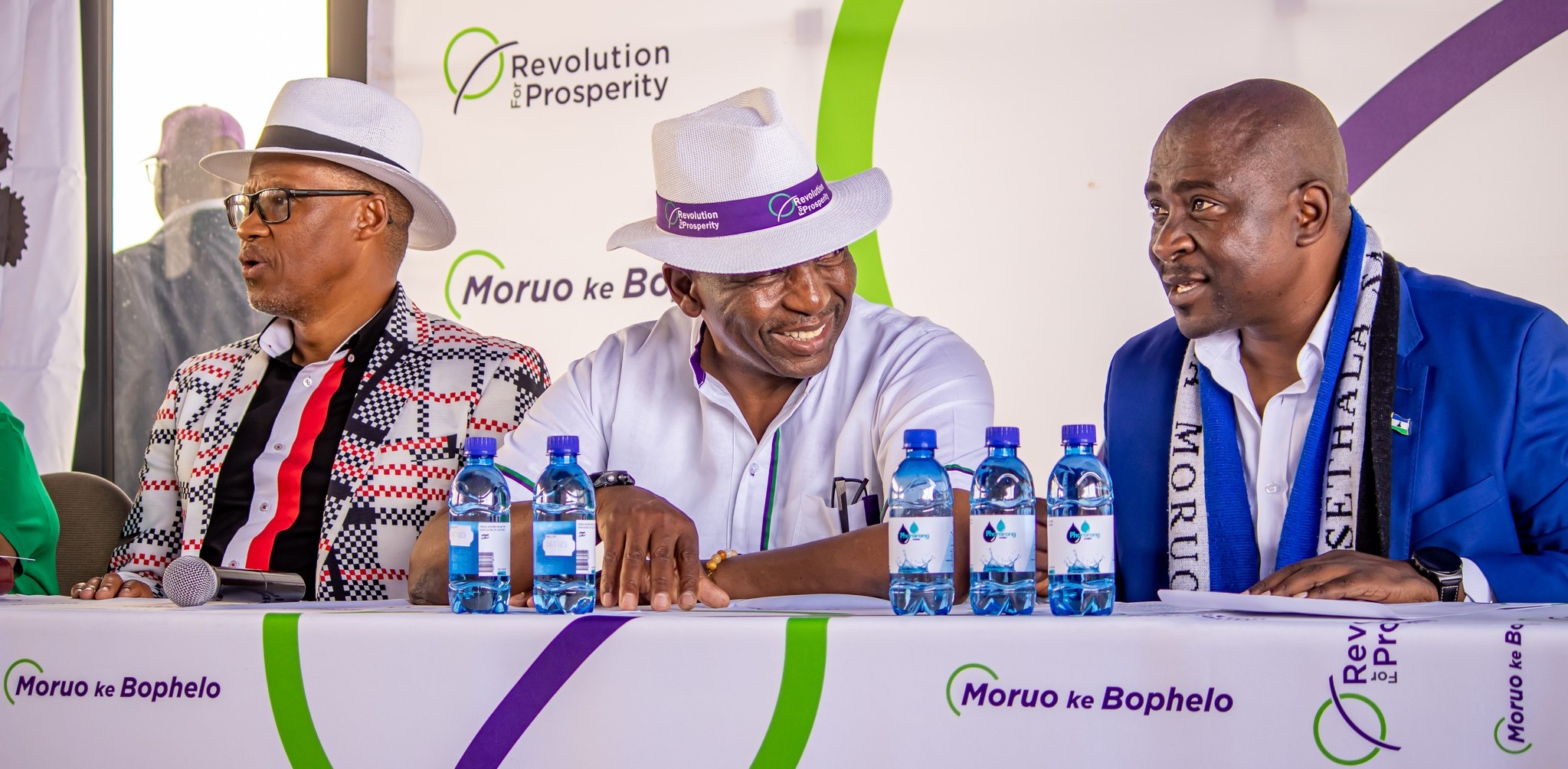
A Comprehensive Analysis of Lesotho's Textiles and Garment Sector
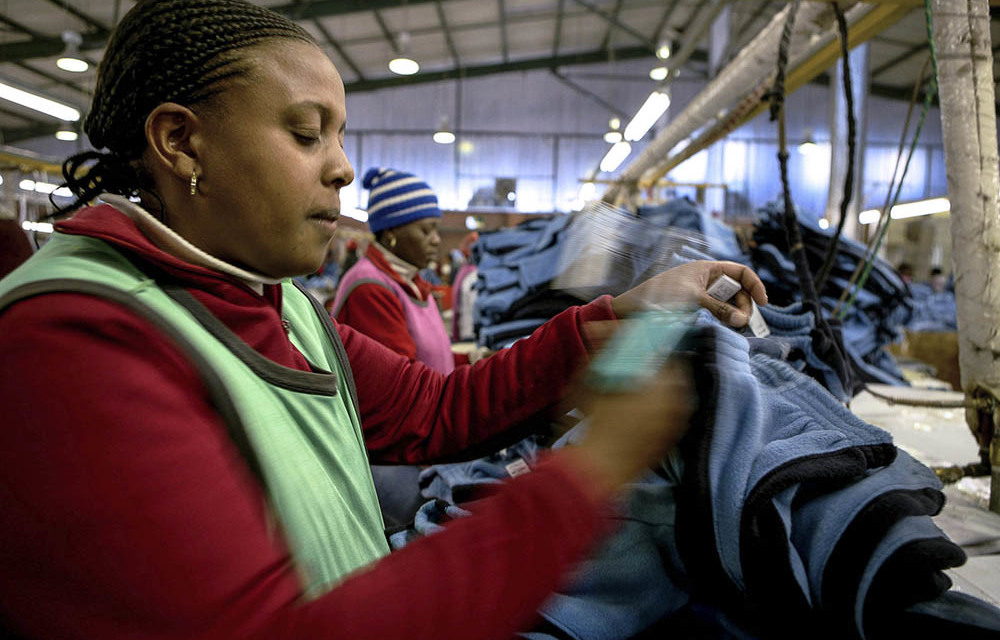
The cooling of the political temperatures came with the BAP joining the bandwagon after a season of political agitation and chess games, reflecting political anomalies in the system of political governance of Lesotho:

Related Stories
What is the meaning of democracy within Lesotho's political parties?
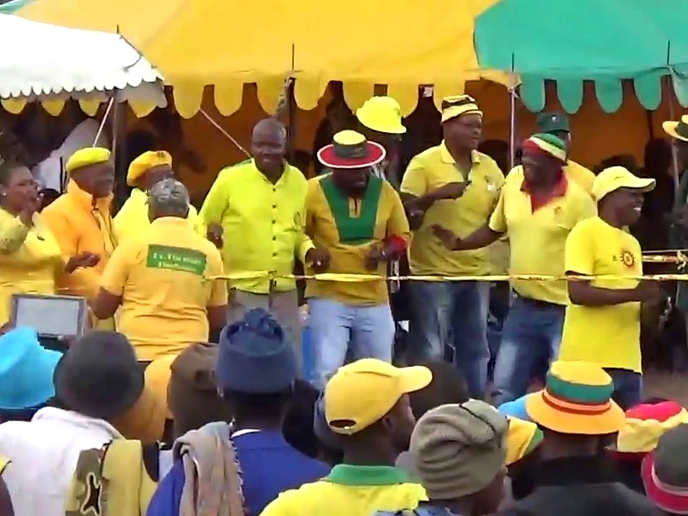
Majoro to grapple with a myriad challenges in his stint - one of them, two centres of power within the ABC
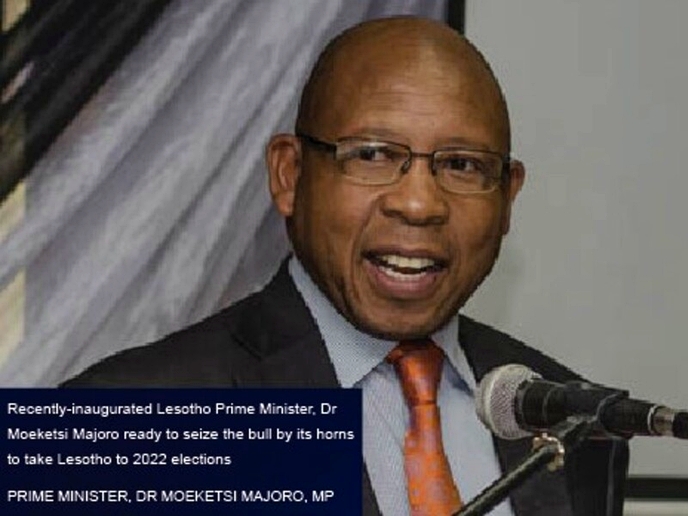
When democracy-cushioning institutions are put under siege for partisan interests
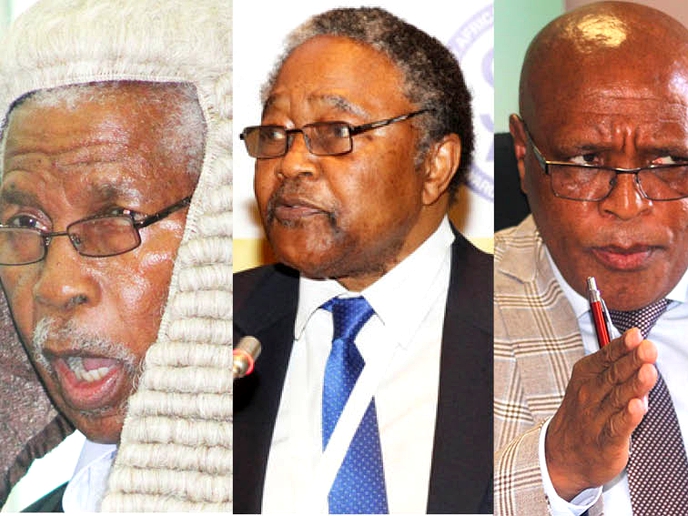
Opinion Vote Polls
Do you think the existing government is going in the right direction to benefit the people of the country?
Subscribe for your daily newsletters
Enter your email to subscribe to our newsletter.

